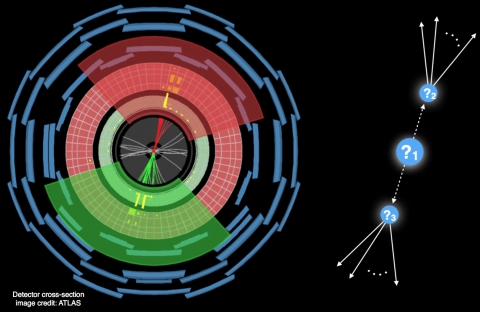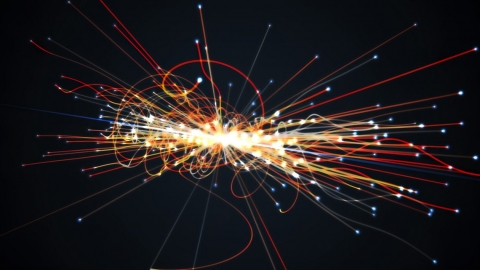Machine Learning
Edge SpAIce: Leveraging CERN's AI for Real-Time Ocean Plastic Tracking from Space
Earth Observation (EO) and particle physics research have more in common than you might think. In both environments, whether capturing fleeting particle collisions or detecting transient traces of ocean plastics, rapid and accurate data analysis is…
Read moreMachine learning ushers in a new paradigm for particle searches at the LHC
Searching for physics beyond the Standard Model (BSM) is a major part of the research programme at the LHC experiments. Nearly all of these searches pick a signal model that addresses one or more of the experimental (e.g., dark matter) or…
Read moreSystematic uncertainties: the new target of Machine Learning for HEP
The accurate measurement of physical constants is one of the main goals of research in subnuclear physics. On one side, it improves our ability to represent physical reality through our theoretical models, which opens the way to more stringent tests…
Read moreArtificial neural networks shed light on rare SM processes.
In a new paper released last month, the ATLAS Collaboration reported the observation of a single top quark produced in association with a Z boson (tZq) using the full Run-2 dataset, thereby confirming earlier results by ATLAS and…
Read moreMachine learning for new Detector Technologies
I have spent a considerable amount of my time as Master student in Physics in the late 70’s performing a fairly prosaic function that nevertheless required the presence of humans (physics professors, trained technicians and of course students):…
Read moreCan AI help us to find tracks?
Data science (DS) and machine learning (ML) are amongst the fastest growing sectors in science and technology, not at least due to their strong rooting in industrial and commercial applications. Global players such as Google, Facebook and Amazon…
Read more


